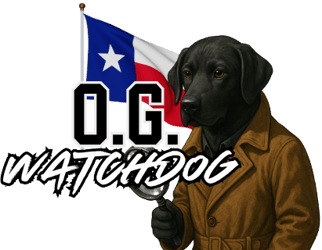We Keep an eye on the big dogs...
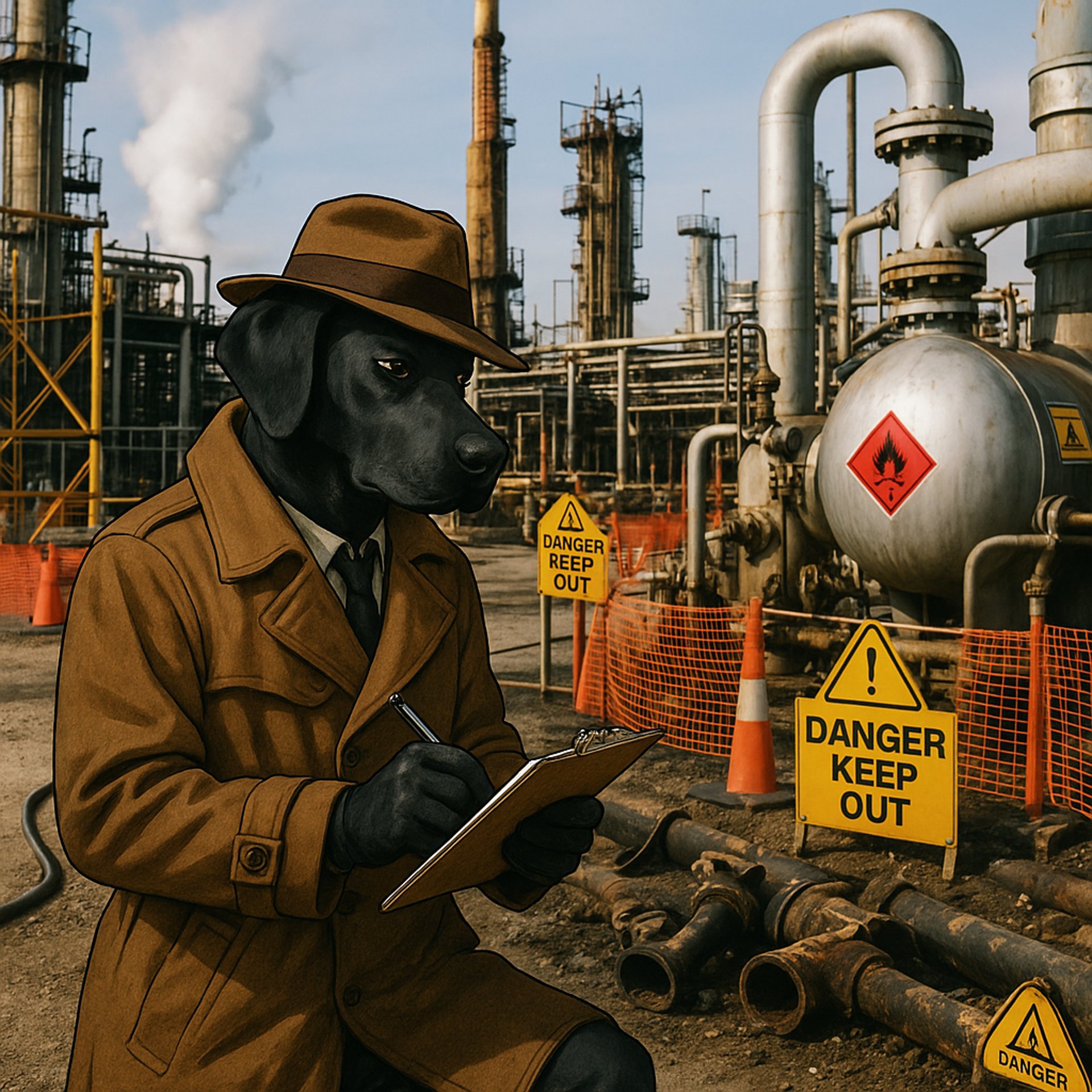
Resources For Workers
Helpful links to regulatory agencies and reporting services for oil and gas company whistleblowers


Workplace Safety Violations
1) Texas Department of Insurance, Division of Workers' Compensation (DWC) – Safety Violations Hotline
Purpose: Report unsafe working conditions, hazards, or safety violations in Texas workplaces.
Contact: DWC Safety Violations Hotline
2) Occupational Safety and Health Administration (OSHA) – Texas Area Offices
Purpose: Report serious workplace hazards, injuries, or safety violations under federal jurisdiction.
Contact: OSHA Texas Area Offices
3) File a Complaint with OSHA
Purpose: Submit a confidential complaint about workplace safety and health hazards.
Contact: OSHA Complaint Form
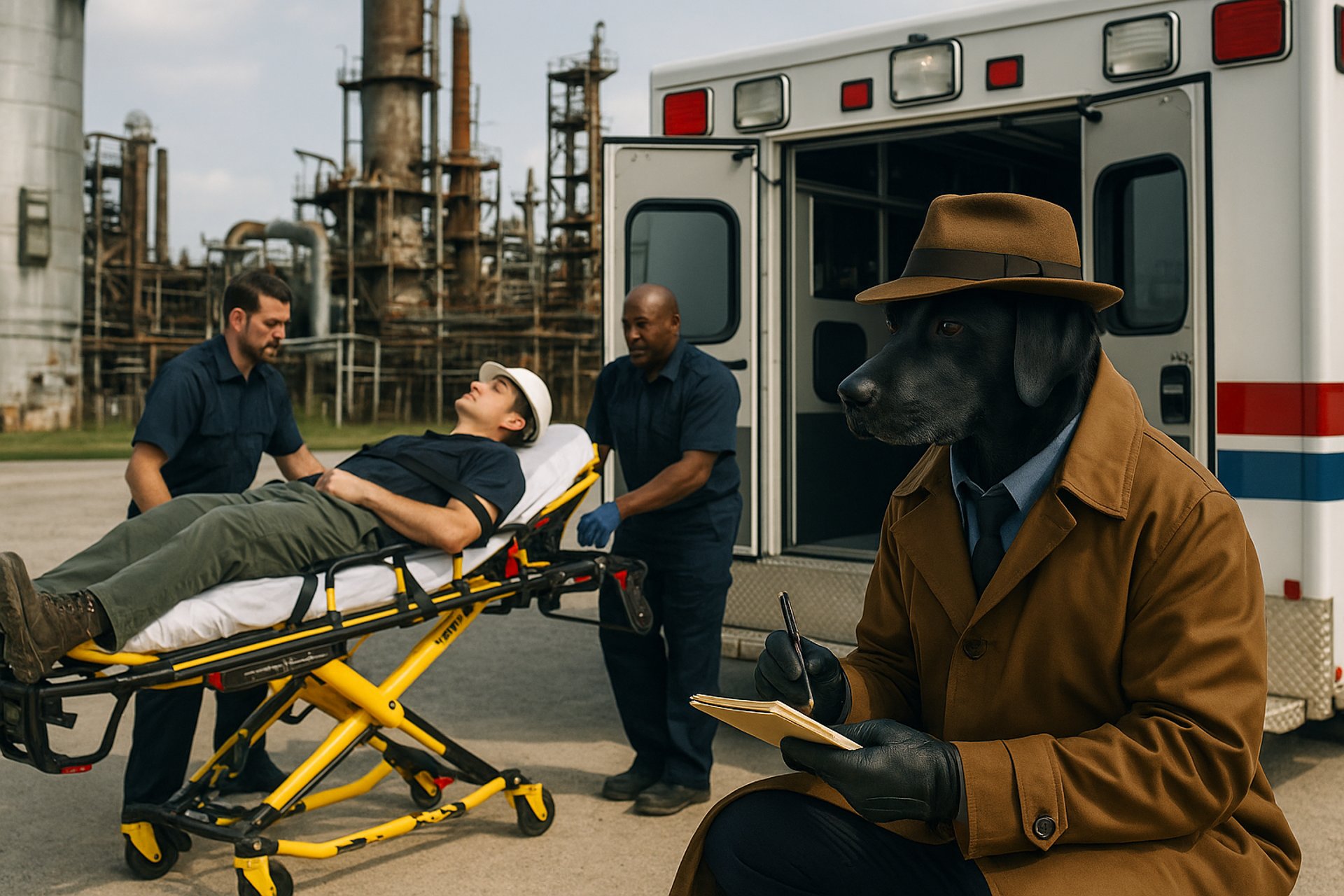
Workers' Rights Violations
1) Texas Workforce Commission (TWC) – Labor Law Section
Purpose: Address issues related to wage disputes, discrimination, and other employment concerns.
Contact: TWC Labor Law
2) Texas Department of Licensing and Regulation (TDLR) – Complaints and Enforcement
Purpose: File complaints against licensed professionals or businesses in Texas.
Contact: TDLR Complaints
3)Texas Law Help – Filing a Complaint About Your Employer
Purpose: Provides guidance on how to file complaints related to employment issues.
Contact: Texas Law Help Employer Complaint Guide


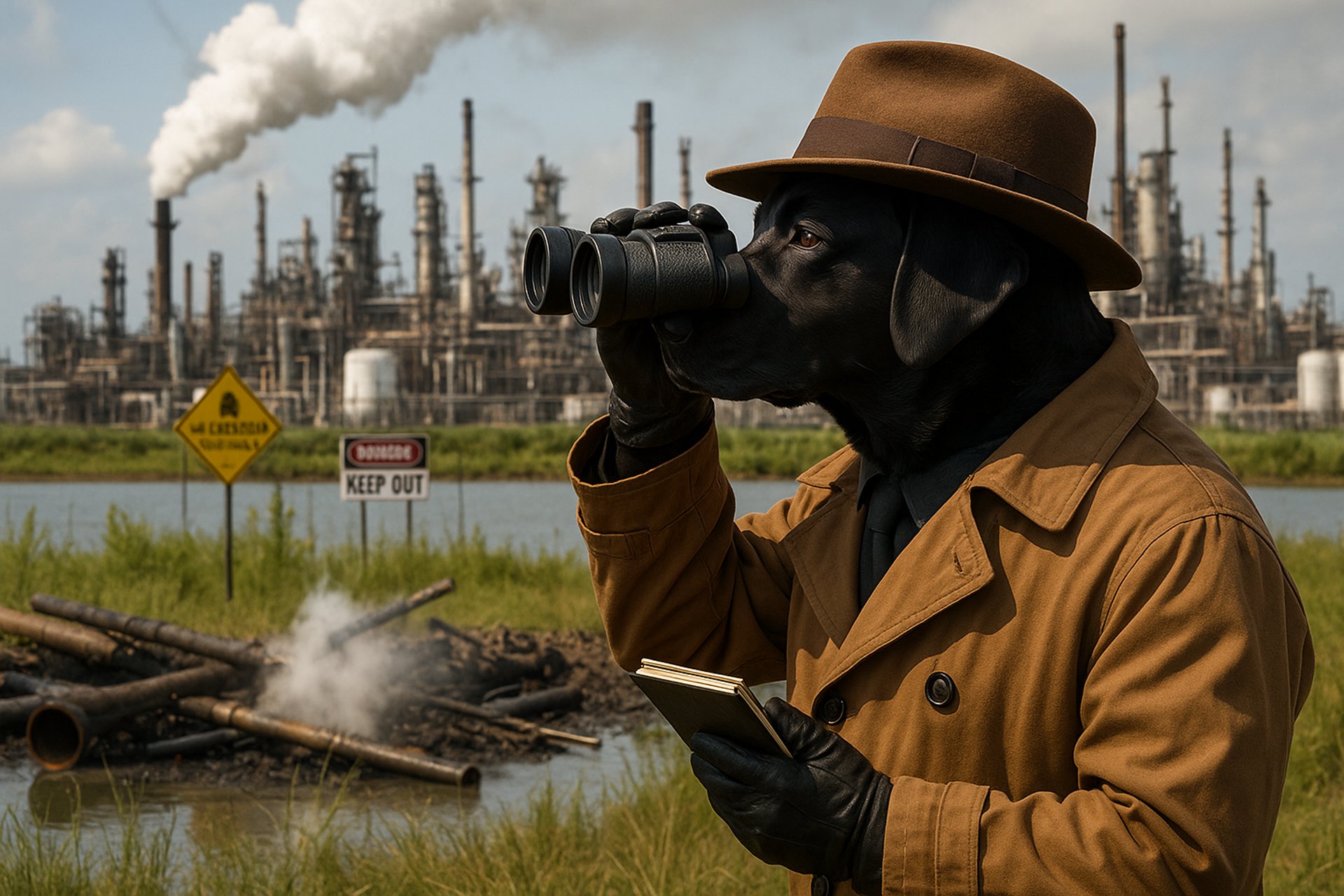
Environmental Violations
1) Texas Commission on Environmental Quality (TCEQ)
Purpose: State agency responsible for enforcing environmental regulations in Texas.
Report Violations: You can file complaints about air, water, or waste issues directly through their online portal.
Track Complaints: Monitor the status of your submitted complaints.
2) U.S. Environmental Protection Agency (EPA) – Region 6 (Texas
Purpose: Federal agency overseeing environmental protection and enforcement.
Report Violations: Submit reports of suspected environmental violations through their online form.
Website: Report Environmental Violations
3) Texas Railroad Commission
Purpose: Regulates the oil and gas industry in Texas, including environmental compliance.
Report Violations: File complaints related to oil and gas operations.
Website: Oil & Gas Environmental Complaints
4) Texas General Land Office (GLO)
Purpose: Manages state-owned lands and mineral rights, including coastal resources.
Report Violations: Report oil spills and coastal pollution incidents.
Website: Report an Oil Spill


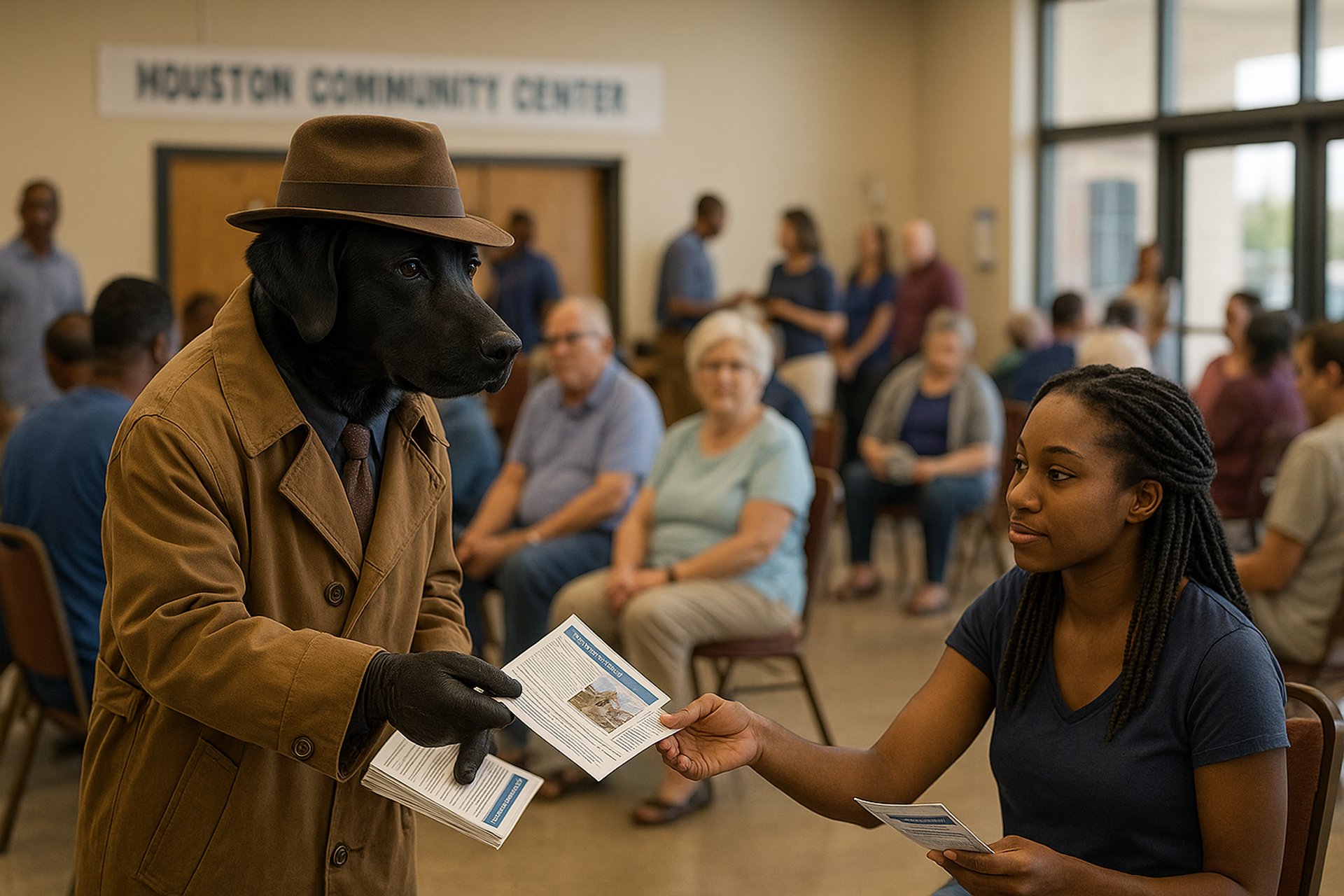
Worker & Industry Advocacy Groups
(Houston-Area)
Houston Association of Professional Landmen (HAPL) – Networking, community outreach, scholarships, and professional development for land professionals in oil & gas.
Energy Workforce & Technology Council – Training, workforce advocacy, and leadership programs for energy service companies and personnel.
ALLY Energy – Career support, diversity advocacy, and industry insights for workers and job-seekers in energy.
Texas Oil & Gas Association (TXOGA) – Statewide oil & gas trade association providing industry advocacy and workforce education resources.
National STEPS Network – South Texas Chapter – Regional safety and health partnership group supporting oilfield safety initiatives and training.



Legal Options?
O.G. Watchdog does not and cannot provide legal advice. Every injury case is different, and only a qualified attorney can give guidance tailored to your specific circumstances.
That said, if you or someone you care about has been injured in a refinery accident, chemical exposure, or other industrial workplace, it’s crucial to understand that legal options may be available to you. Injuries caused by unsafe working conditions, equipment failure, or employer negligence often lead to claims for medical costs, lost wages, and other compensation.
We strongly recommend speaking with an experienced, capable, and trustworthy legal counsel who understands the complexities of oil and gas injury cases. The laws surrounding workplace accidents are complicated, frequently changing, and subject to strict filing deadlines. The sooner you speak with a law firm that handles refinery accidents, the better your chances of protecting your rights.
Evidence can disappear quickly. Deadlines can be missed. Your ability to recover full compensation depends on timely action. Click the button below to speak a Watchdog Certified law firm today. They guarantee free consultation, and we only work with attorneys that don't ask for payment upfront or out-of-pocket.
Contact O.G. Watchdog Today
Reach out for support or to report incidents in safety.


Safety Accountability Services
We monitor incidents and provide resources for accountability in oil and gas job sites.


Incident Reporting Tools
Real-time data collection for accidents and incidents in oil and gas industries.
Worker Support Resources
Empowering workers to report safety violations and pursue legal action against companies.
Data Scraping Services
Utilizing online tools to gather news and social media data on incidents.
